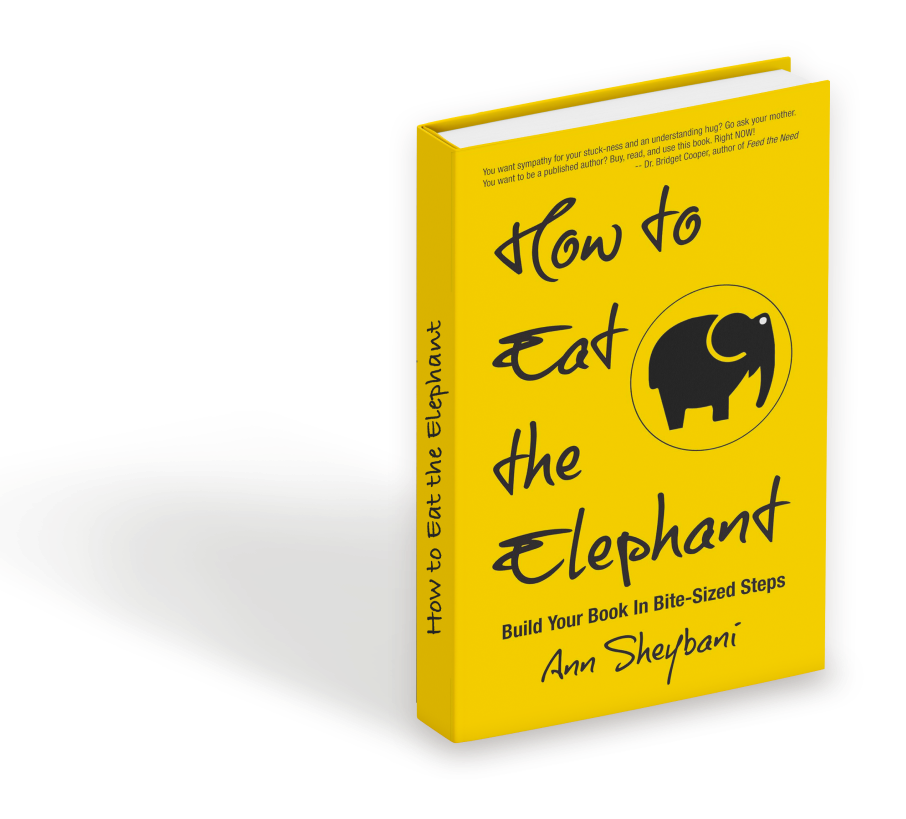Walt and I have been looking into climbing Mt. Everest. Don’t ask me why, it’s just a thing.
Studying the itinerary of the guiding company Walt favors, I found myself relaxing into the idea of climbing one of the most dangerous mountains in the world. Really, it sounded lovely, nothing to be scared of at all. A bunch of walking with furry yaks, loads of resting and acclimatizing, some route exploration… You can see for yourself right here.
Walking is lovely. I’m all for walking. Count me in.
Except, for some strange reason, the longer I sat, the more that delightful feeling started to fade.
It didn’t take me long to start questioning the choice of words used in this itinerary, particularly that verb, walking. This has nothing to do with my tendency to edit everything I read, just so you know.
I’ve been on high mountains before. I know the deal. That’s the first reason my antenna went up.
Sure, technically you walk a lot on a mountain expedition, but that verb doesn’t even begin to capture the experience. If I were to choose a verb, I’d use “struggle” or “overcome” or “slog”. Because, unless you’re heading to the cook tent, or out to the pee bucket, you never actually “walk.”
Of course, no one would sign up for the trip if I were in charge of marketing, so there’s that. Struggle with the yaks, while likely more accurate, doesn’t sound nearly as compelling.
Second, I’m married to a man who confuses a death march straight through the bowels of hell with “going for a little walk”. Time and time again, I’ve had to face the fact that our definitions of the word “walk” differ vastly. I now ask lots more questions before I agree to leave the house.
And that’s the problem with common words. One man’s walk is another woman’s grinding of the feet into raw meat. (Not that I’m bitter.)
Sure, you don’t expect that from verbs, but you do see the problem when it comes to professional titles. Like “book coach” or “content developer”.
A woman I know and like recently hired a book coach. I was surprised that she hadn’t reached out to me, so I enquired as to why she’d made the choice she made. Because, really; if my marketing sucks that bad, I want to know about it. (Slogging with the yaks, and all.)
This is how she described what she was after in a book coach, what she likes about their arrangement, which astounded me because, well, this is precisely what I do:
He cuts right through my mess and tells me where I need to delete, rewrite and write additional content. I haven’t yet reached the fun and joyful stage. However, I am amazed at his skill for leading me down the right path, and then editing with a sharp pen.
The area of writing/book publishing is extremely confusing for individuals outside the business. For example, it took me a long time to understand the difference between a developmental editor, a copywriter, an editor, etc. I realize this is basic stuff, now. Before I didn’t know there was a difference, so I did not know to look for different skills from each group. Also, there’s much noise in the business around individuals offering services to birth a book/book shepherds/book retreats/etc. so I was bewildered.
I’m only saying this because it might help those who work in this area to get more clients. For example, they may need to be extremely specific about what they can and cannot deliver. Which genre they specialize in, etc. It would also be good to include particular references from successful authors and their published books.
I knew I could not write a book that I could be proud of on my own. I’ve seen books published by individuals I know with sloppy covers and typo errors on the cover. It made me lose confidence and not want to read their book. Who wants to work with a sloppy professional?
Because of the confusion about the writing/publishing business, I went to a friend, who I also respect as a professional, for a recommendation because she had previously co-authored a book with someone famous. My coach and I are on track to have my manuscript complete by 11/1/19. The book is my launch pad for my new, independent business.
And I share this excerpt for two reasons.
One, it saves me a lot of time. Now I can say, “Hey, people, this is what I do; this is how we’d work together; this is my basic philosophy. This is what I mean when I say I’m a ‘book coach’, when I say I’m a ‘content developer.’” Because my friend is right, these terms do mean very different things, depending on whom you’re talking to. And you really do need to compare your definition of the word with that of the person you’re hiring. Otherwise, shit can go south PDQ.
Two, we’re all guilty of this stuff. I can’t tell you the number of times I’ve asked my clients to explain buzzwords that have zero specificity or meaning, or an acronym that took them twenty years to learn. To explain something puzzling that they consider basic information. We all do this, all the freaking time, assume that we’re all walking around using the same dictionary, when we’re not. And it’s costing us big.
To wrap my diatribe up, I’m going to go for a walk. I got myself a new Fitbit for Christmas, so I’m going to log another 3,000 steps at a 16 miles/hour pace so I can eat something heartier than air for dinner. Sure, there are a few hills, but nothing that will get my heart rate above 136 beats/minute. I’m just going for a walk. That’s what I call a walk. End of story.


